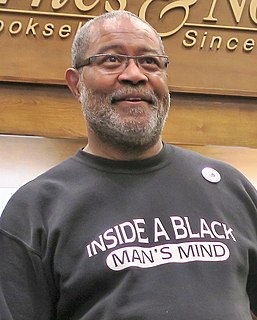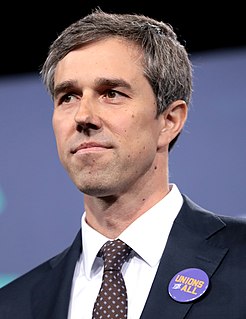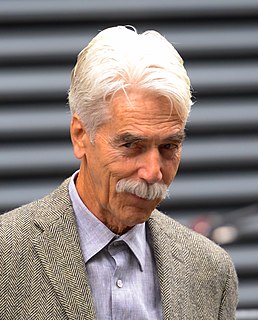A Quote by Ron Stallworth
I went to school with a lot of kids whose fathers and mothers were part of the El Paso black history.
Related Quotes
I'm not saying that all women are blameless - all women are not. There are women with despicable characters who are cruel and terrible and some of them are mothers. But why do we blame our mothers more than our fathers? We let our fathers get away scot-free. We hardly even knew who they were in many cases, given the way this culture raises kids, and they may have been quite cruel. They may even have raped us as children, but even if they raped us, we will blame our mothers for not protecting us instead of blaming our fathers who actually did it.
When I think back, I felt like I had the life that a lot of white American kids grew up with in the suburbs in the States. I started noticing, as Apartheid's grip weakened, that we had more and more black kids at school; I had more and more black friends. But I never really saw a separation between myself and the black kids at school.
I went to a public high school and most of the comedy was coming from the black kids and the Asian kids and the Hispanic kids. And, the coolest kids to me where always the black kids. They were always fashion forward and they always dressed the coolest. They were always the best dancers, and just the coolest people.
































